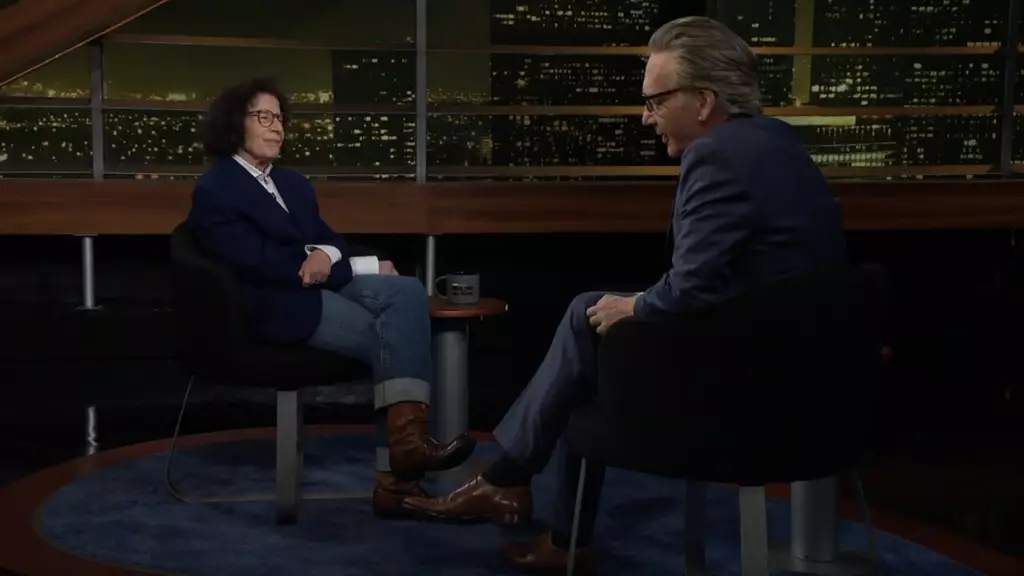The spotlight recently intensified on Sean ‘Diddy’ Combs amid a wave of sexual assault allegations that have raised important questions about the culture within the music industry. The discourse surrounding these accusations gained traction during a recent episode of “Real Time with Bill Maher,” where comedian Bill Maher engaged the acclaimed writer Fran Lebowitz in a discussion about the disturbing silence maintained by the music community. Maher’s inquiry about why the music sector has seemingly evaded the scrutiny faced by other industries, such as journalism and entertainment, speaks volumes about an entrenched issue that requires examination.
In the wake of the #MeToo movement, many industries faced severe backlash, yet the music industry has remained remarkably insulated. Maher pointed out the disproportionate treatment, mentioning that while several figures in organizations like NPR faced repercussions for their indiscretions, the music business seemed untouched by similar waves of accountability. This discrepancy raises crucial questions about how misogyny, sexual harassment, and assault have proliferated in an industry that, despite its wealth and influence, has largely managed to sidestep a thorough reckoning.
Economic Incentives and Cultural Shields
Lebowitz offered a perspective that underscores the capitalist framework of American society, noting that the allure of profit may act as a protective barrier for powerful figures like Combs. In a landscape where certain individuals serve as golden geese for financial gain, the mechanisms that could bring about accountability falter under the weight of economic incentives. With all the stories circulating about appalling behaviors, the music industry’s reluctance to confront these issues reveals a systemic issue where commercial success often dampens the voices of victims.
The gravity of the situation amplified as Combs faced increasing allegations. With multiple accusations coming to light following legal action initiated by his ex, Cassie Ventura, and a recent lawsuit from an anonymous plaintiff detailing shocking claims of drugging, rape, and intimidation, it becomes evident that the threshold of silence is beginning to break. The fact that law enforcement, notably the FBI, is actively pursuing investigations signals that the repercussions of Diddy’s actions may finally prompt examination at a national level. The arrest adds a sense of urgency to an ongoing dialogue about accountability and support for survivors.
As the revelations continue to unfold, one cannot help but reflect on the broader implications of this movement. The music industry, with its profound impact on culture and society, needs to address the darker aspects of its history and present. Cultivating an environment where victims are heard and supported is essential not just for the individuals involved but also for the integrity of the industry itself. As society grapples with these ongoing issues, it is imperative that artists and executives alike confront the uncomfortable truths that have long been ignored, ushering in a new era characterized by transparency, justice, and respect for all individuals.
The events surrounding Diddy mark a critical juncture; a moment that may finally catalyze the music industry to reckon with its past and present, ensuring the safety and dignity of its participants moving forward.

